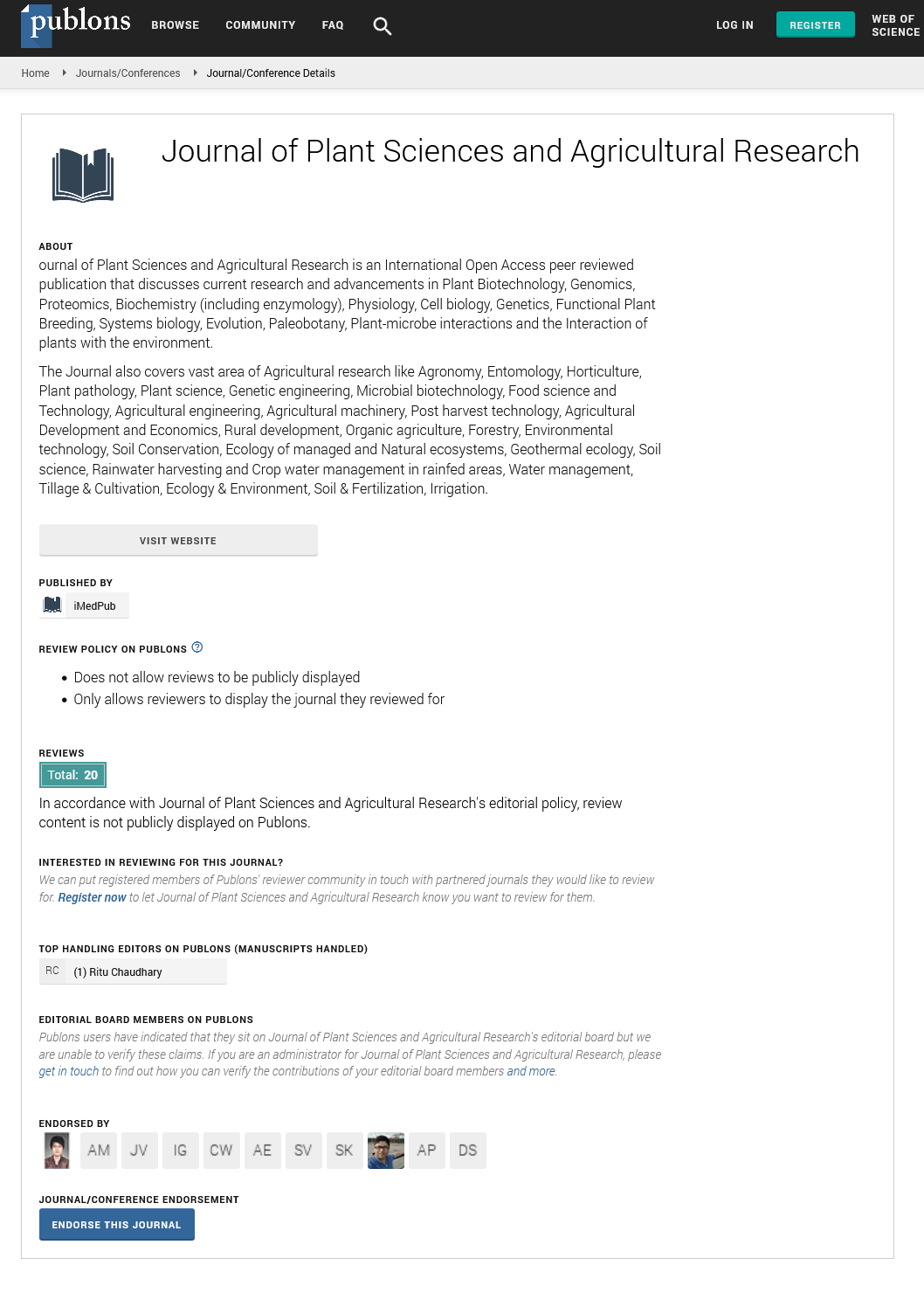Abstract
The Evaluation of Photosynthetic Characteristics and Seed Yield of Wheat with Different Growth Habits at Different Planting Dates
In recent decades, the introduction of high-yielding cultivars under optimal conditions has been the main focus of grain research programs. The identification of wheat cultivars that have acceptable yields on different planting dates has been taken into account. The present split-plot test was performed with three replications in two periods, 2016-2017 and 2017-2018. The main factor included three planting dates (October 20, November 20, and December 20 as early, normal, and delayed planting dates), and the sub-factor included six wheat cultivars (Zare and Heidari with winter growth habits, Pishgam and Alvand with intermediate growth habits, and Sirvan and Pishtaz with spring growth habits). The results indicated that delay in planting reduced the soil plant analytical development, the ratio of variable chlorophyll to maximum chlorophyll, and chlorophyll content. In 2018- 2017, the soil plant analytical development was significantly higher in Zare and Heidari cultivars with winter growth habits than Sirvan and Pishtaz cultivars with spring growth habits. The highest total chlorophyll content was observed in cultivars with winter and intermediate growth habits, but cultivars with spring growth habits showed lower total chlorophyll content. Delay in planting decreased the number of spikes in different wheat cultivars, but this reduction was greater in cultivars with winter growth type. In delayed planting, intermediate and spring cultivars had a higher number of seeds. On October 20 and November 20, the highest seed yield was obtained in cultivars with winter and intermediate growth habits during 2016-2017 and 2017-2018. The results indicated that the seed yield was higher in early planting, especially in cultivars with winter growth type, but the intermediate and spring cultivars had higher seed yield in delayed planting.
Author(s): Foroud Bazrafshan*, Najmeh Ziaei Ghahnavieh, Mahdi Zare, Davood Afiuni and Omid Alizadeh
Abstract | Full-Text | PDF
Share This Article
Google Scholar citation report
Citations : 135
Journal of Plant Sciences and Agricultural Research peer review process verified at publons
Abstracted/Indexed in
- Google Scholar
- Publons
- Secret Search Engine Labs
Open Access Journals
- Aquaculture & Veterinary Science
- Chemistry & Chemical Sciences
- Clinical Sciences
- Engineering
- General Science
- Genetics & Molecular Biology
- Health Care & Nursing
- Immunology & Microbiology
- Materials Science
- Mathematics & Physics
- Medical Sciences
- Neurology & Psychiatry
- Oncology & Cancer Science
- Pharmaceutical Sciences
